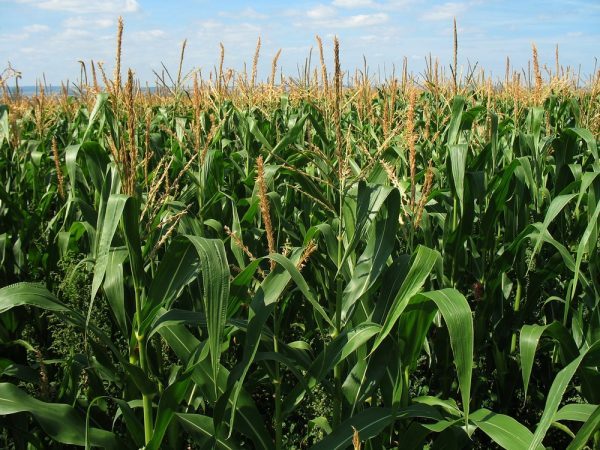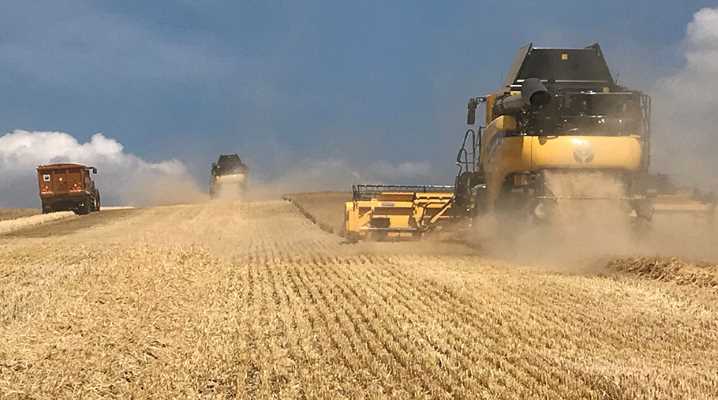Africa’s agricultural sector is undergoing a rapid digital transformation. From supply-chain tracking tools to mobile-based marketplaces, technology is reshaping how food is grown, moved, and sold. Yet one critical part of the value chain has been left behind: the millions of informal and seasonal workers who keep farms running.
For these workers, many of whom are unbanked and paid in cash, the shift toward digital transactions has not always brought inclusion. In some cases, it has intensified financial insecurity. As agricultural operations increasingly adopt digital tools, basic wage payment for workers remains stubbornly analogue and potentially risky.
If Africa’s agricultural digitalisation is to realise its full promise, financial inclusion must be treated as a core element of how the modern industry operates.
Risks of Cash
While agribusinesses are digitising all kinds of functions, such as procurement, logistics, and monitoring, wage payments in rural areas often still rely on cash. For workers, this can often cause significant friction. Many rural communities have few bank branches or ATMs, meaning labourers may need to walk several kilometres just to withdraw their wages. When cash runs out in local machines, workers are left without options.
These frictions also have real economic consequences for agricultural supply chains and those working in them. Time spent travelling for cash is time taken away from the field during already labour-intensive periods. Cash payments can be delayed if employers struggle with collection or transport, making it harder for workers to plan household spending. And when cash must be carried long distances or stored informally, theft and loss are constant risks.
For employers, withdrawing cash from the bank to pay their workers can also cost up to 4%, adding an unnecessary layer of cost and bureaucracy. A digitally modern agricultural sector cannot operate efficiently when the people powering it face these barriers.
Practical Solutions
Across the continent, a new wave of digital tools is attempting to fix the structural problems created by cash-based wage systems. These solutions are not about forcing workers into formal banking but about creating safer, more efficient pathways to receive and access earnings, especially for those without bank accounts.
At Street Wallet, we have developed a payment system whereby employers can transfer wages to their employees electronically. Employees receive instant SMS confirmation – no smartphone or data required – with a voucher they can redeem at local supermarkets. The process is much quicker, cheaper, and safer than traditional cash payments.
Such tools also help employers reduce the administrative burden of counting and distributing cash, limit payroll leakages, and decrease the high costs of cash collection. At the same time, workers benefit from predictable payment times and safer access to cash, without having to travel long distances or rely on scarce banking infrastructure.
One farming business Street Wallet recently worked with in South Africa found that, when they transitioned from weekly cash payments, the shift reduced both operational pressure and worker exposure to risk. Instead of transporting bulk cash to remote sites, wage payments were triggered digitally. Workers were trained on how to redeem the vouchers they received via SMS, building trust.
The result was greater transparency in payroll, fewer disputes, and significantly reduced time spent on wage distribution. For the workers, the change meant predictable payment cycles and cash access through local shops rather than long trips to distant towns.
Examples like this illustrate how even modest digital changes can strengthen the entire labour ecosystem, improving both workforce stability and employer efficiency.
A Connected Rural Economy
African agriculture depends heavily on informal and seasonal labour. When these workers have unreliable wage access, the effects ripple across the value chain: higher turnover, unstable labour supply, disrupted processing schedules, and increased vulnerability during peak seasons.
Financial inclusion, in this context, is critical as part of a broader economic strategy. Workers who receive wages reliably are more likely to stay with an employer.
Transparent payment processes reduce administrative disputes. Safer wage access lowers absenteeism linked to travel or security incidents. A more financially secure workforce strengthens the resilience of agricultural supply chains in all sorts of ways.
Africa’s agricultural future will be more digital, interconnected, and data-driven. But for this transformation to be sustainable, it must extend to the people who form the backbone of rural economies.
Fintech, when designed with rural realities in mind, offers a practical pathway to bridge this gap by giving workers safer, more reliable ways to access their earnings.
A digitally enabled agricultural value chain is only as strong as its most excluded participants. If financial inclusion becomes a central pillar of agricultural modernisation, Africa stands to build not only more productive farms but more resilient rural communities.
Written by Kosta Scholiadis, Founder and CEO of Street Wallet, a South African fintech company empowering informal traders and street vendors to access the digital economy.








